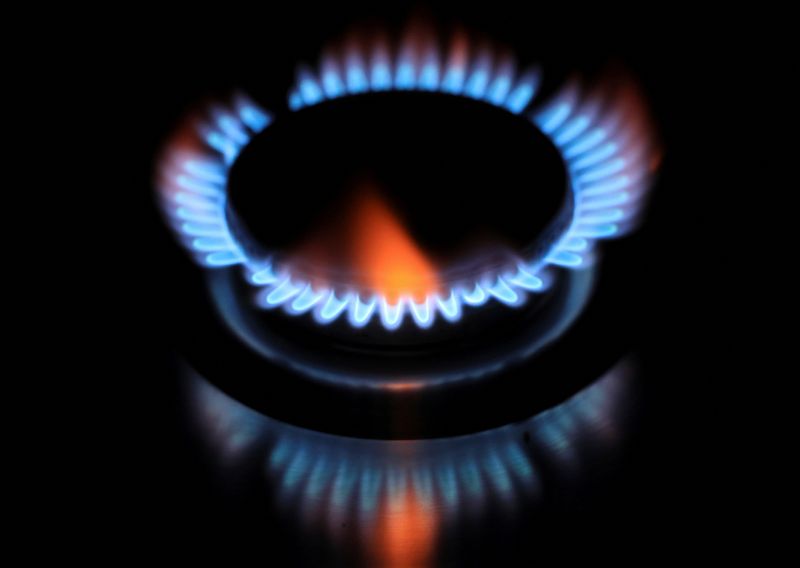By Nia Williams
(Reuters) - Despite soaring global demand for natural gas, Canadian producers are struggling with volatile prices and deep discounts at Alberta's AECO hub, one of the largest storage facilities in North America and where the benchmark price for Canadian gas is set.
In August the spot AECO price briefly turned negative, and this week producers Tourmaline Oil and Kelt Exploration Ltd said they temporarily cut production due to weak prices.
WHY ARE AECO PRICES LOW?
Canadian producers have been struggling with volatile pricing for years because of tight capacity on pipelines shipping gas from Alberta and British Columbia to North American markets. The problem tends to worsen every summer when pipeline maintenance work reduces capacity.
The main system gathering and transporting gas out of western Canada is TC Energy (NYSE:TRP)'s Nova Gas Transmission Line (NGTL), which delivered 12.5 billion cubic feet a day (bcf/d) in 2021, accounting for around 75% of Canada's overall production.
Rising production, NGTL maintenance and some gas processing facilities' outages this summer left gas molecules bottlenecked in Alberta, driving down the spot price for interruptible pipeline service. Customers with firm service contracts were unaffected.
Since late August, the price has recovered to trade at $3.50 per million British thermal units. But the discount to U.S. benchmark Henry Hub prices, which analysts say should be around $1 to reflect the transportation cost, is still more than $5.
HOW DOES THIS IMPACT PRODUCERS?
Many Canadian producers have entered into forward contracts to hedge their risks or sell directly into other markets such as Ontario's Dawn hub.
In a recent National Bank research note titled "AECO is Lame", analysts estimated on average only 15% of producer revenues are exposed to western Canadian prices.
Still, low prices result in lost royalty revenues for the Alberta government and deter capital investment, producers said.
DOES ANYONE BENEFIT?
Gas and electricity consumers in western Canada and large industrial consumers like oil sands companies and Alberta's petrochemical sector have cheaper bills due to low prices.
COULD THE REGULATOR STEP IN?
The CER is monitoring the situation, its chief economist Jean-Denis Charlebois told Reuters, but will not intervene without being asked by parties involved.
In 2019, when AECO prices endured a longer-lasting slump, the regulator enacted a protocol that allowed shippers to put more gas into storage and avoid selling it at very low prices. That protocol expired at the end of 2020.
The CER is open to helping improve the situation, whether that be through hearing revised tariff proposals to conducting workshops to help communication between parties, he said.
WHAT DOES TC ENERGY SAY?

TC Energy attributed the deep AECO discount to abundant western Canadian supply and limited pipeline space, and said the solution is to build extra capacity for firm service contracts.
TC is working to add 1.3 billion cubic feet a day (bcf/d) of capacity in 2022 and another 2.2 bcf/d between 2023 and 2026, but has been delayed by weather, labour shortages, increasing environmental requirements and regulatory and government delays, a spokesperson added.